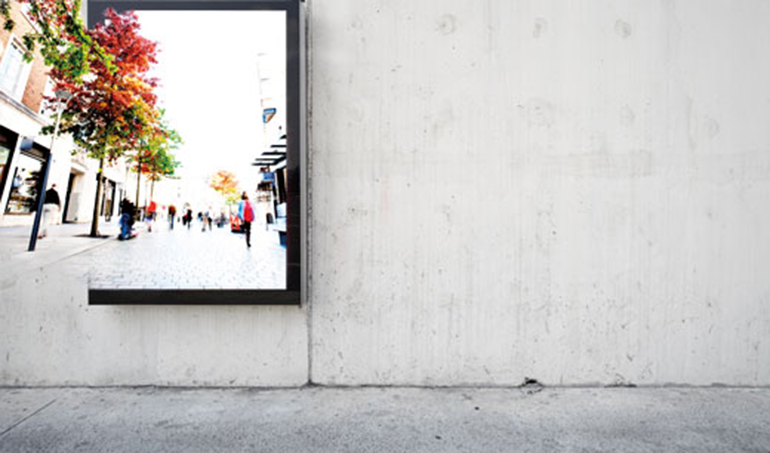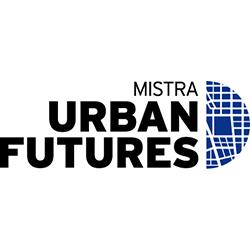
Business in Sustainable Urban Development
We are building a new field of knowledge! Complex urban challenges call for collaboration between cities and business
Collaboration between public and private sector is of increasing significance to cities world-wide. The private sector has a large potenetial to come up with solutions and investments for sustianable urban development. At the same time, cities need to be attractive and investment friendly in order to create jobs and wealth for people living in the city.
The complexity of urban challenges and rapid development of knowledge makes traditional contract-based collaboration models insufficient. Instead there is a need for deeper and more prolonged forms of collaboration where the public and private sector explore issues together in order to find a common understanding of both the problem and feasible solutions.
A closer collaboration between the public and private sector contains numerous difficulties. How can the public and private sector co-produce a sustainable urban development without prioritizing special interests over democratic values, local conditions and fair competition? How can shared values be transformed into new business models and how can cities serv as test beds and labs for innovation and demonstration activities? Furthermore, EU-principles require measures to be taken against any activity threatening the full functioning of the internal market and such risks occur every time taxpayers’ money is mixed with private capital.
Jessica Algehed, project manager, presents the development of a new knowledge field at a workshop in Hammarkullen 4 February 2016 (5:30)
Research Perspectives
The reserch team has a transdiciplinar aproach and includes reserchers from several different fields.
The project deals with the following main reserch questions:
- How, when and why do cities and businesses engage in close collaboration and what kind of practice in terms of forms of organization, methods and tools are successful?
- How can the risk for underperformance, corruption, holdup situations and privileged access be minimized?
- What kind of capabilities do cities and businesses need in order to collaborate and create authentic values to different stakeholders and how does new forms of collaboration challenge traditional values, roles and professions?
Stakeholder Board - A key component in co-creation of knowledge
The project stakeholder board ensures relevance of the knowledge production and lays the foundation for a long term learning commitment between the partners in Mistra Urban Futures. The stake holder board members meet four times a year and have a strategic long term responsibility for the project. The stakeholder board members discuss urban challenges related to the project and participate in formulation of research questions. The board members also take an active role in developing sub projects and disseminate and make use of knowledge produced within the project.
Stakeholder board members:
Peter Berggren, Stadshus AB
Staffan Bolminger, Älvstranden Utveckling AB
Anna Colby, Business Region Göteborg
Lars Ekberg, City of Mölndal
Ann-Louise Hohlfält, City Office of Gothenburg
Anna Noring, City Office of Gothenburg
Sub-projects and related projects
Pilot project Business-driven Sustainable Urban Development
Climate friendly construction and capital constraints (Collateral Values) How climate smart buildings (eg with high environmental and energy performance) are valued and how that affect conditions for obtaining financing.
Formative Evaluation of Vinnova’s innovation platforms for sustainable and attractive cities In this project we study how Swedish cities, in the context of urban development, try to develop the private sector by driving innovation, establish test bed, demonstration and showcase facilities and engage in market development through early procurement involvement.
Focus group Region Gothenburg Investigates how four municipalities in the proximity of Gothenburg (Öckerö, Härryda, Partille och Mölndal) deals with challenges in relation to business driven urban development.
Economic sustainability in building and management of co-operative apartments In this project we explore what the economic aspect of sustainability might imply for real estate companies both in terms of content and how this can be implemented in different structures, processes and objectives.
Climate protocol for the private sector in Gothenburg The research question focuses how cities can collaborate with the private sector in order to reach goals to reduce the municipality’s ecological footprint.
The profitability of energy efficiency measures in housing companies In this project we study the commercial conditions that allow for far-reaching energy efficiency measures (in excess of a 50 %) in apartment buildings.
Utilities 2.0 In this project we investigate how utilities, by using app-based interfaces, can bundle a multitude of services and thus create an intensified, user-oriented communication.
What do city-developers need to know and be able to do? In this project we investigate how city-developers understand and manage the new challenges their profession is experiencing.
Electrified city distribution In this project we look at what business models need to be in place to facilitate the introduction of electric trucks.







